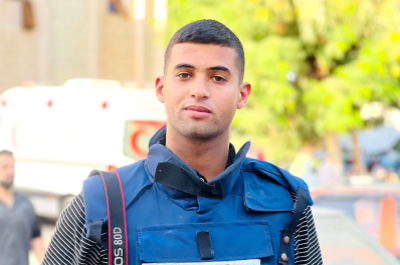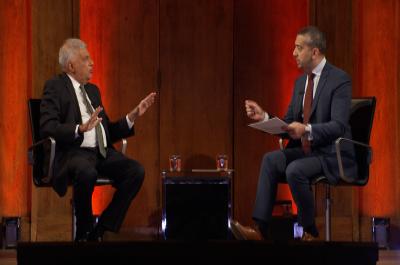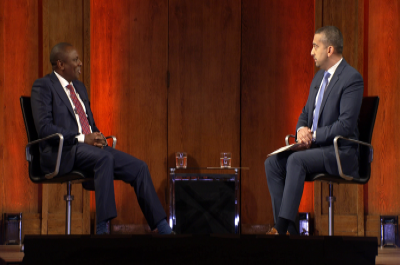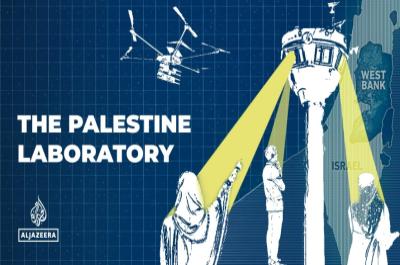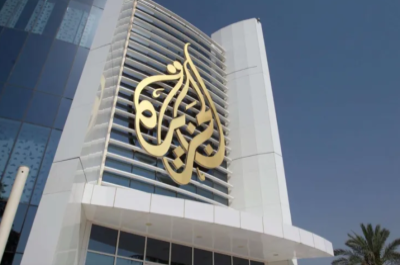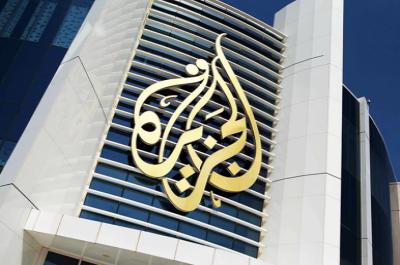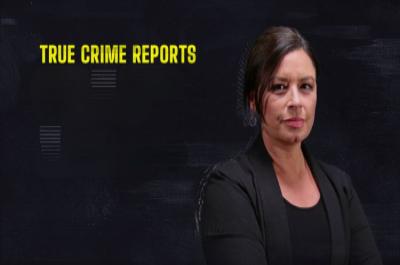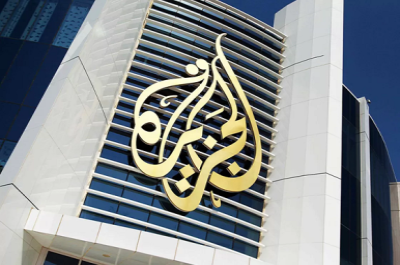
Spokesperson for the TPLF, Getachew Reda, speaks with UpFront
In an interview with Al Jazeera English’s UpFront, Spokesperson for the Tigray People’s Liberation Front (TPLF), Getachew Reda, claims that Eritrean armed forces have not left the Tigray region since Ethiopia's Prime Minister Abiy Ahmed announced last week that Eritrean President Isaias Afwerki had agreed to withdraw forces “out of the Ethiopian border”.
“No, they haven't left,” Reda told UpFront host Marc Lamont Hill. “In fact, since the announcement...Eritrea has been increasing the influx of its forces into Tigray by leaps and bounds.”
Al Jazeera is unable to independently verify this claim. The Tigray region has been off limits to almost all media and rights groups since the fighting began.
“When the international community tightens the screw on the issue of the Eritrean government,” he added, “Abiy had to come forward and say the Eritrean government has agreed to withdraw its forces. But none of us has heard from the Eritrean government whether there was an intention on the part of the Eritrean government to withdraw their forces.”
Getachew Reda spoke to UpFront via phone from an undisclosed location in the Tigray region. The TPLF has been at war with Ethiopian government forces since November. Prime Minister Abiy ordered a military offensive against the TPLF after accusing the group of attacking federal military camps and trying to destabilise the country.
Abiy came to power in Ethiopia in 2018, ending nearly three decades of TPLF dominated rule, and was awarded the Nobel Peace Prize in 2019 for his peace deal with Eritrea.
But his creation of a new ruling coalition, the Prosperity Party, an all-encompassing national party that Abiy believed would speak for all Ethiopians, was rejected by the TPLF.
Reda was asked whether or not the TPLF saw an independent Tigrayan state as the way forward.
“I would rather say at this point that it should be left for the people of Tigray to determine whether they should have their own state. I would strongly, strongly suggest that this is probably the best option there is, at this point in time,” he said.
“It would be very foolhardy for me to come out in public and probably say tons of good things about Ethiopian state when what we have seen, the last five months, makes it abundantly clear that there is little that is left for any ordinary Tigrayans,” he added.
During the interview, Reda was also asked if the TPLF had any lines of communication with the Abiy government.
“No, not at all,” he said. “Only through the barrel of a gun as it were.”
The conflict in Tigray is thought to have killed thousands of people, and displaced more than two million. Reports have emerged of serious human rights abuses including widespread sexual violence. More than 60,000 refugees have fled to camps in neighbouring Sudan. When asked if he had any regrets calling on Tigrayans to “rise and deploy to battle in tens of thousands” instead of exploring diplomatic means, Reda responded, “No, I don’t regret it.”
